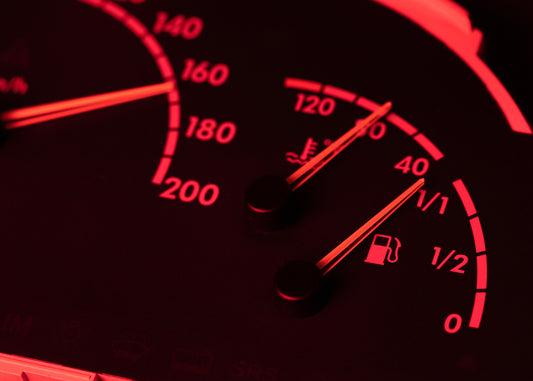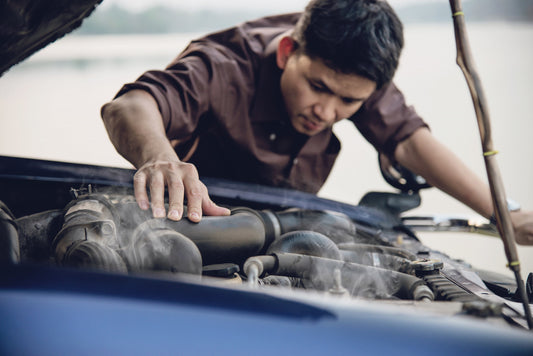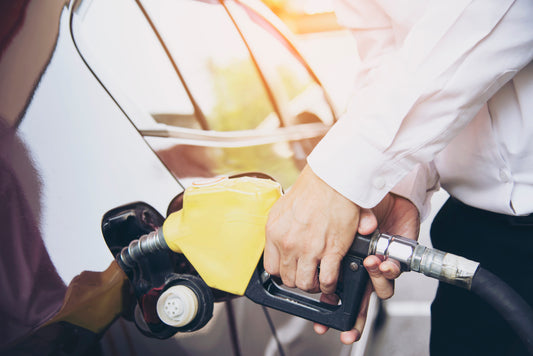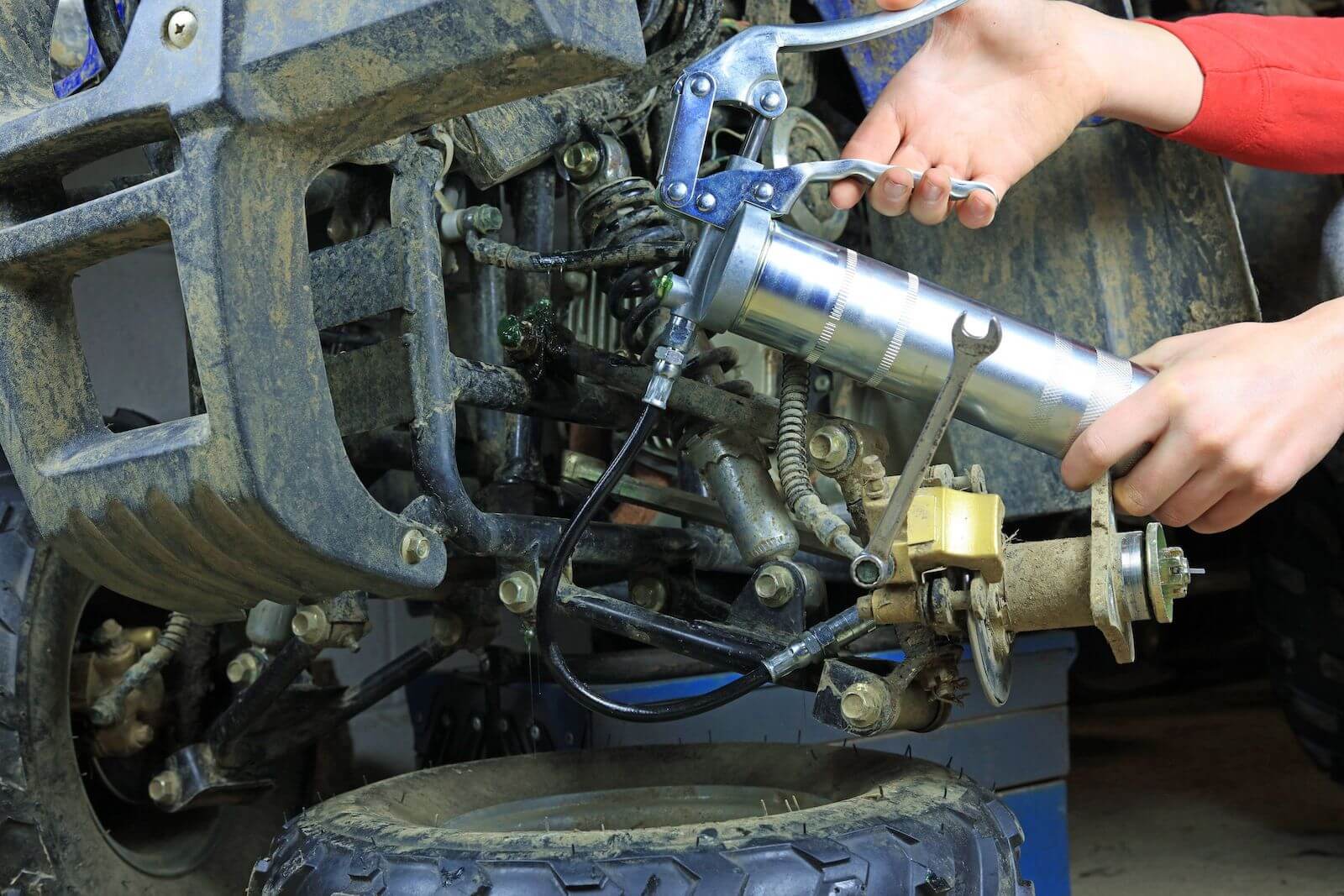When summer finally gets here and you are ready to get the boat out what is the first thing you are thinking about? Monster fish? Water Skiing? Tubing? A cold brew and a slow cruise? What grease you need for your boat and/or boat trailer? We completely understand that the last thing you are thinking about is what grease you need for your boat.
BUT answering this question before the boat goes out will help make sure you don’t have a vacation ruining breakdown. Lets dive into some different grease ratings that will help you make sure you get the right grease.
Oil and water don’t mix, won’t any grease work?
Everyone can probably recall a middle school science experiment featuring oil and water in a 2 liter soda bottle. No matter how hard you shook the bottle that two liquids would always perfectly separate back out.
So, if oil and water don’t mix shouldn’t all grease be naturally water resistant? Yes, you are right, grease is naturally water resistant to some degree. However, the additives, lubricating ability, and surface adhesion are all affected by both salt and fresh water.
Additionally, depending on the application, the most important factor may be whether or the grease can stay in place and doesn’t get washed off.
Is a tacky grease the best for boats?
Quick answer: No. We have to explore this question a little more in depth because a lot of greases are tacky, but lack good performance. It has long been a misconception by consumers that tacky greases are the best.

However, because of this misconception there are now a lot of cheaply made tacky greases on the market that have terrible performance. This is why it is so important to dig into the test data.
Here are some test data points to look for:
- Thickener Type: Lithium has only mild water resistance. A great marine grade grease will be made with a calcium thickener. This could be calcium, calcium sulphonate, or calcium complex.
- Base oil Viscosity: Remember that marine grease could spend a lot or all of its life in the water. Water is generally cooler than the ambient air and the water is going to keep things a much more consistent temperature. All this in mind means we typically will want a lighter base oil viscosity, so the grease doesn’t get too thick in the lower operating temperature. The best performing marine greases have a base oil between 40 cSt and 150 cSt at 40 degrees Celsius.
- Pressure rating: Many marine greases carry a low pressure rating, but many marine applications are subject to high pressures so you need to check the 4-Ball Weld Load test results. Many low-end marine greases will have results less than 400kgf. The highest-pressure greases will have ratings above 600kgf!
- Check the tackiness: Lastly, tackiness does help a marine grease stay in place so check how tacky the grease is, but remember all the above data is more important. A high-end marine grease will be so tacky it will give you a “bubble gum in hair” situation if you get it on your hands.
Isn’t the most important test a Water Washout Rate?
Not necessarily. Many common greases have really low water washout rates, but this test is more to gauge a grease’s short term ability to resist water. For marine applications we are looking at long term ability to resist water and maintain a lubricity film while preventing corrosion.
So while Water Washout Rates are a good indicator and another test to pay attention to they are not the best single indicator of a marine grade grease.
What is the best marine grade grease?
If you are the type of person who isn’t a grease and grease data enthusiast, we understand, its not everyone’s go to party game. So, I’ll make it simple for you. Here is a marine grade grease that checks every box and best of all it comes in a lube-shuttle® cartridge so you don’t have to make a mess every time you grease.
Side note: If you haven’t checked lube-shuttle®, the world’s only mess free grease gun you need to check it out.
AirTec Grease: SG-145 SeaGuard Marine Grade Grease
AirTec’s SG-145 SeaGuard is a marine rated grease that is designed for the most extreme marine applications, this is the best marine grease in a Lube-Shuttle® tube.
shop nowThe best marine grade grease is AirTec SG145 SeaGuard. Seaguard is rated for both salt and fresh water and is designed for extreme duty in the most intense marine applications. Let’s check the test data:
- Thickener: Calcium
- Base oil: Mineral
- Base oil viscosity: 145 cSt at 40 degrees Celsius
- NLGI Grade: 2
- 4-Ball-Weld Load: 620 kgf
- Texture: Extremely Tacky
- Color: Black (designed to be easily identified so you know when the grease is there or not)
SeaGuard is rated for use in boats, boat trailers, barges, underwater construction machines, crane, davit crane, exploratory drilling machines, dam gates, winches, and cables. This grease is designed to protect against corrosion caused by salt and fresh water, more importantly it also functions perfectly in dry applications so you don’t have to worry about it dry out when your boat or trailer is out of the water.







